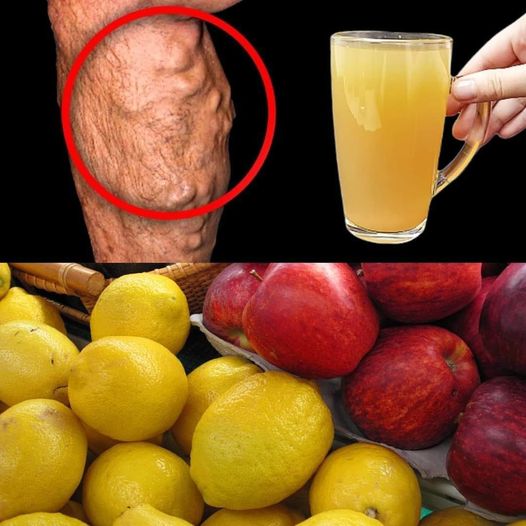Understanding Blood Clots
Blood clots are a natural part of the body’s healing process. They form to stop bleeding when a blood vessel is injured. However, sometimes blood clots can form in blood vessels where they don’t belong, leading to serious health problems like deep vein thrombosis (DVT) or pulmonary embolism (PE).
Natural Remedies for Blood Clot Prevention
While medical intervention is crucial for treating existing blood clots, certain natural remedies may help prevent their formation:
-
Dietary Changes:
- Consume plenty of fruits and vegetables: These are rich in antioxidants and fiber, which can help improve blood flow and reduce inflammation.
- Include omega-3 fatty acids: Fatty fish like salmon, mackerel, and herring are excellent sources of omega-3 fatty acids, which can help thin the blood and reduce the risk of blood clots.
- Limit saturated and trans fats: These types of fats can raise cholesterol levels and increase the risk of blood clots.
- Stay hydrated: Drinking plenty of water helps keep your blood flowing smoothly.
-
Exercise Regularly:
Regular physical activity can help improve blood circulation and reduce the risk of blood clots. Aim for at least 30 minutes of moderate-intensity exercise most days of the week.
-
Manage Stress:
Stress can increase the risk of blood clots. Practice relaxation techniques like yoga, meditation, or deep breathing to manage stress levels.
-
Avoid Smoking:
Smoking damages blood vessels and increases the risk of blood clots. Quitting smoking is one of the best things you can do for your heart health.
-
Consider Natural Supplements:
- Vitamin E: Some studies suggest that vitamin E may help prevent blood clots. However, it’s important to consult with a doctor before taking vitamin E supplements.
- Garlic: Garlic contains compounds that may help prevent blood clots.
- Ginger: Ginger has anti-inflammatory properties and may help improve blood flow.
- Turmeric: Curcumin, a compound found in turmeric, has anti-inflammatory and anticoagulant properties.
Important Note:
While these natural remedies may help reduce the risk of blood clots, they should not be used as a substitute for medical treatment. If you have a history of blood clots or are at risk of developing them, it’s important to talk to your doctor about the best course of action.
Remember, always consult with a healthcare professional before making any changes to your diet or lifestyle, especially if you have any underlying health conditions.
